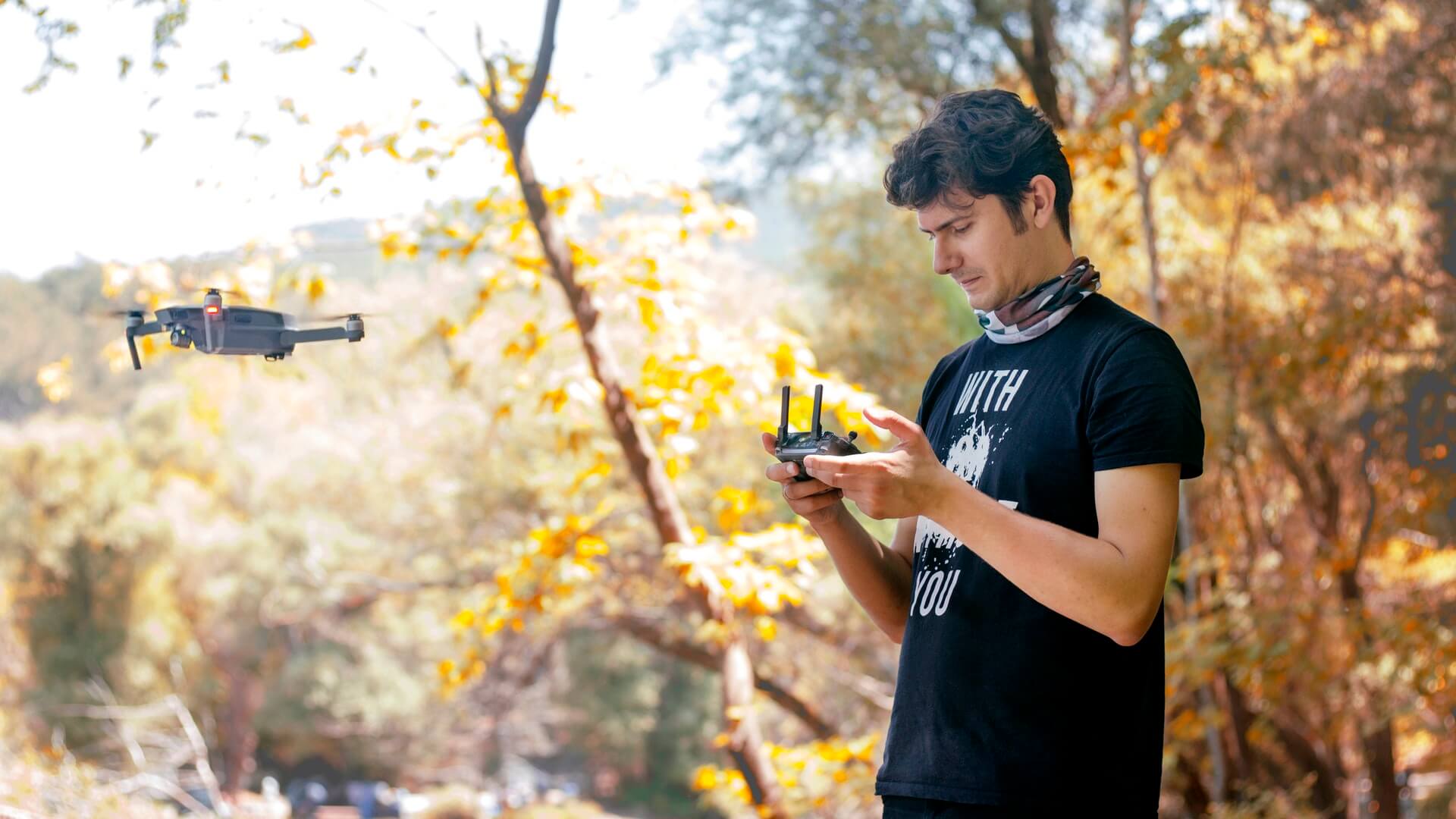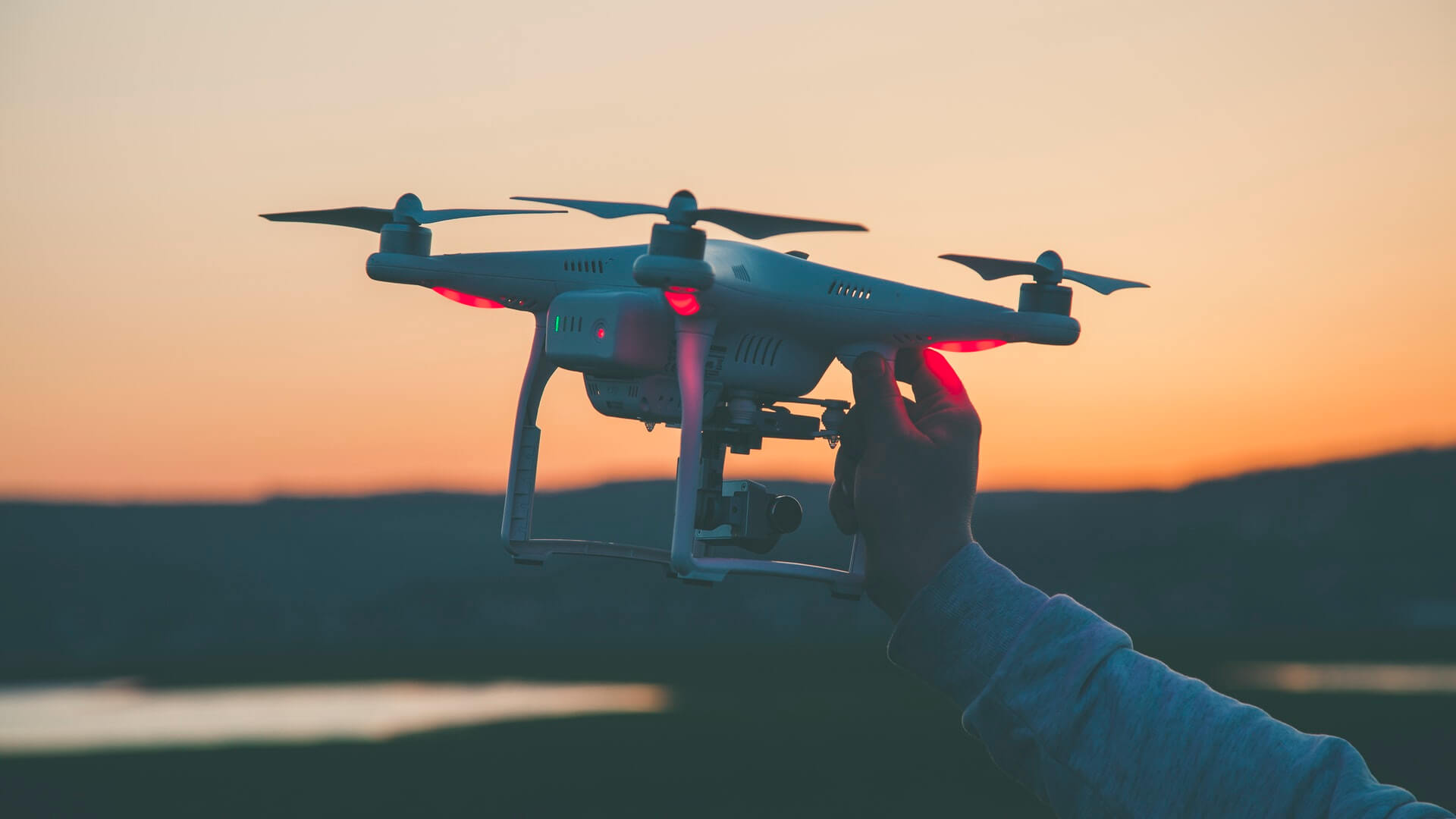After causing major disruption recently at the U.K.’s second largest airport, Gatwick, drones have hit headlines. The airport was on total shut down for a total of 32 hours between Wednesday 19th until Thursday 20th December, due to drone sightings over the airport. At one of the busiest times of the year, 120,000 passengers due to depart on 700 scheduled flights, were disrupted and unable to fly off for their Christmas holidays. Many passenger flights due to arrive in Gatwick, were diverted to airports across the U.K., amid the chaos.
According to the U.K. Airprox Board, incidents like this are on the rise. It reported that there were 29 incidents in 2015, rising to 92 incidents in 2017. Drones are growing in popularity and with their ease of availability and with their technology becoming increasingly more advanced, these numbers will continue to increase.
Drones are sophisticated flying robots, that are mostly used to capture aerial images and videos. Despite being small, drones can cause significant damage to aircrafts. In October 2017, there was a collision between a commercial aircraft and a drone. The drone struck one of the planes wings, the plane sustained damage and luckily was able to land safely. This may not have the same outcome, if it were to happen again.

The Civil Aviation Authority (C.A.A.) are in the process of building a drone registration service, which will require all operators to obtain a licence. The licensing system will require all pilots to display a licence number on the drone’s exterior. However, this isn’t due to be in place until November 2019.
Despite this, there are already laws in place to help prevent incidents like this at Gatwick from occurring. The C.A.A. introduced a ‘drone code’ in July 2018, much like the highway code. The law prevents drones from flying within 50m of a building and within site of the operator. This also prevents operators from flying the drones within an airspace. If caught, this can see pilots receiving a hefty fine or serving up to five years in prison.
Despite laws being in place, drones are difficult to monitor and situations like the recent one in Gatwick could occur again. Currently many of the major consumer drones are installed with software which restricts the drones from accessing air space. This means that the drone will over write what the pilot tells it to do and will refuse to fly in the air space. One of the major issues of this, is there are currently thousands of drones that don’t occupy this software and can easily be hacked. This means that heavy regulation by the C.A.A. needs to be brought in to regulate drones.
Whilst laws are being brought in to help licence drones, these will need to be extensive to keep up with the volumes of drones currently in operation. The C.A.A. will need to consider serious measures in order to prevent incidents like Gatwick from occurring again.
Rocktime’s award winning verso™ software currently automates over 50 local authorities licensing management processes. With over 100,000 licences processed and over £8M in licensing revenue generated. verso™ is the market leader in cloud-based licensing solutions.
